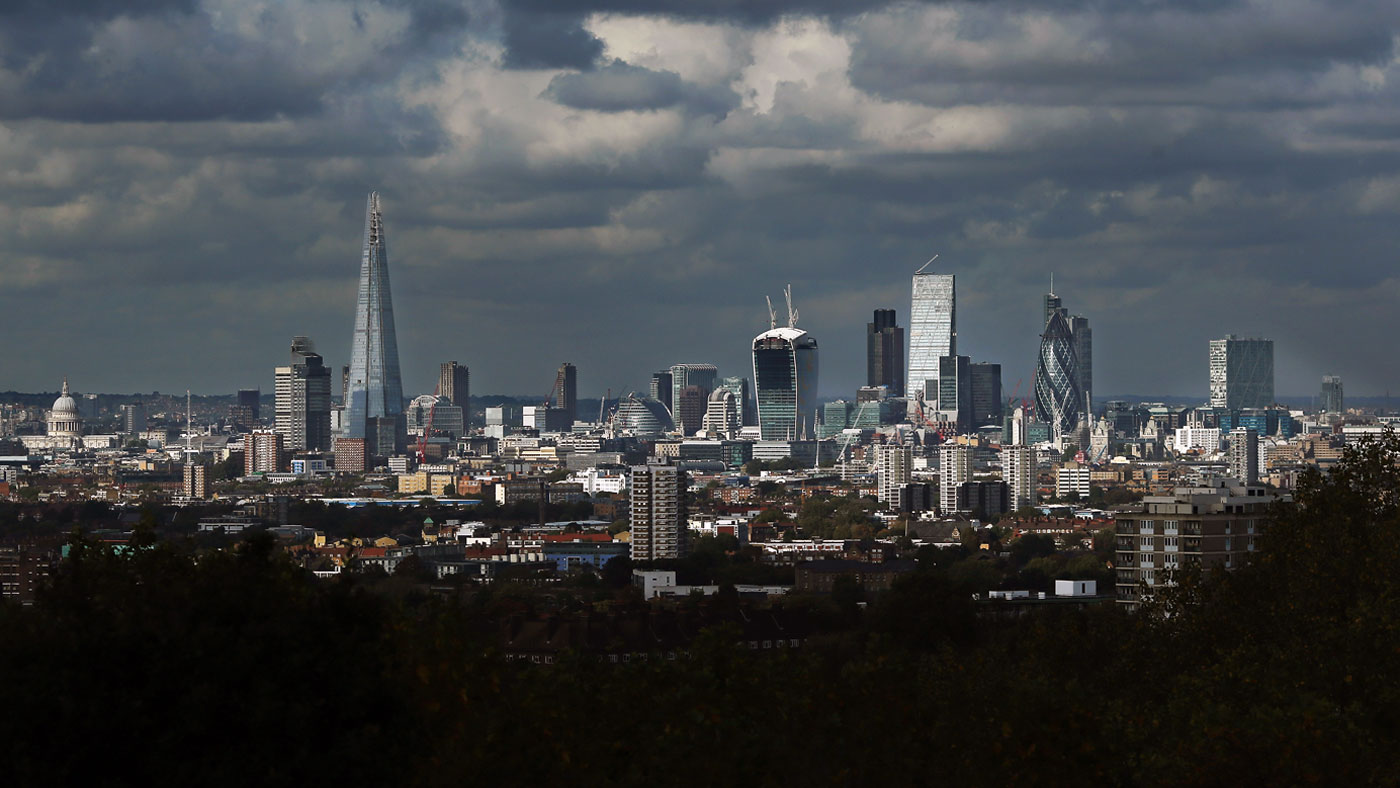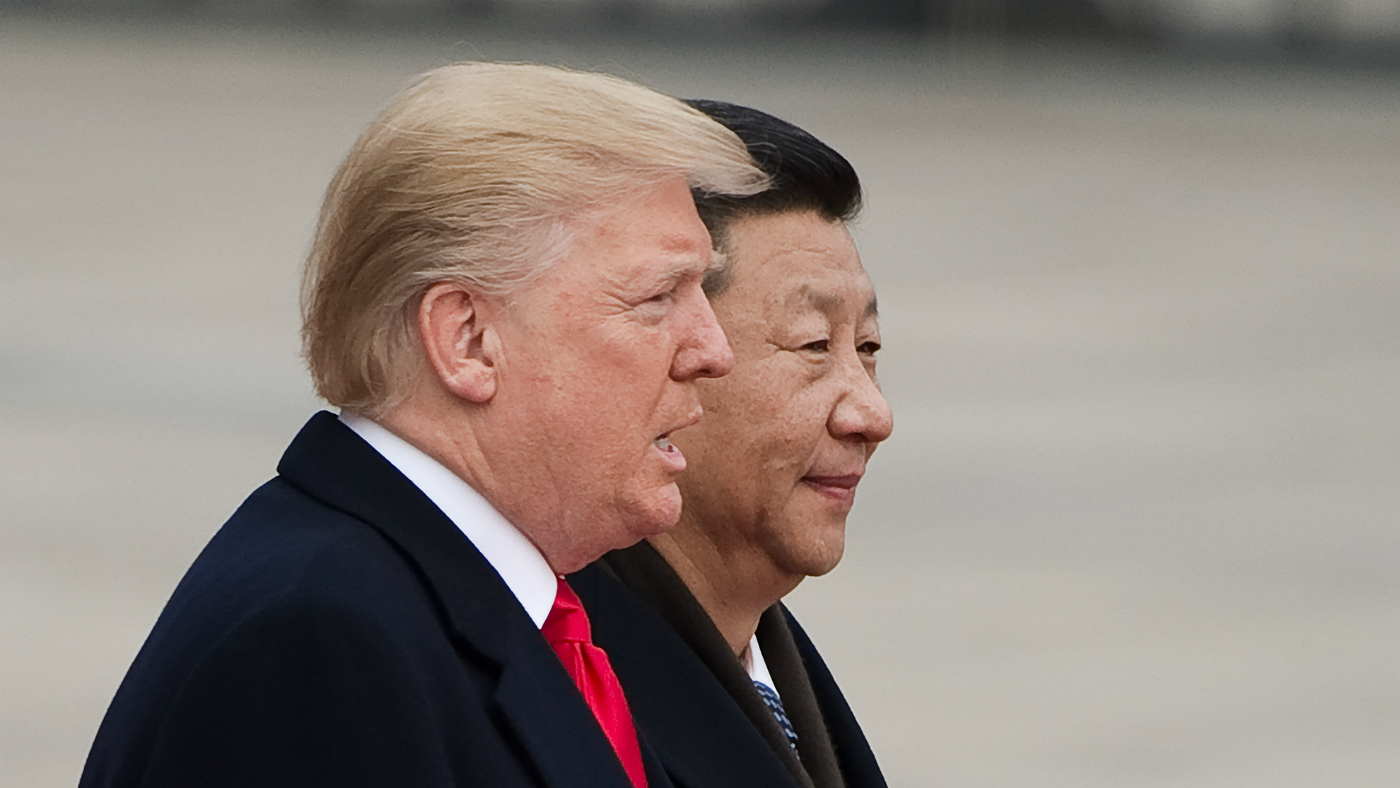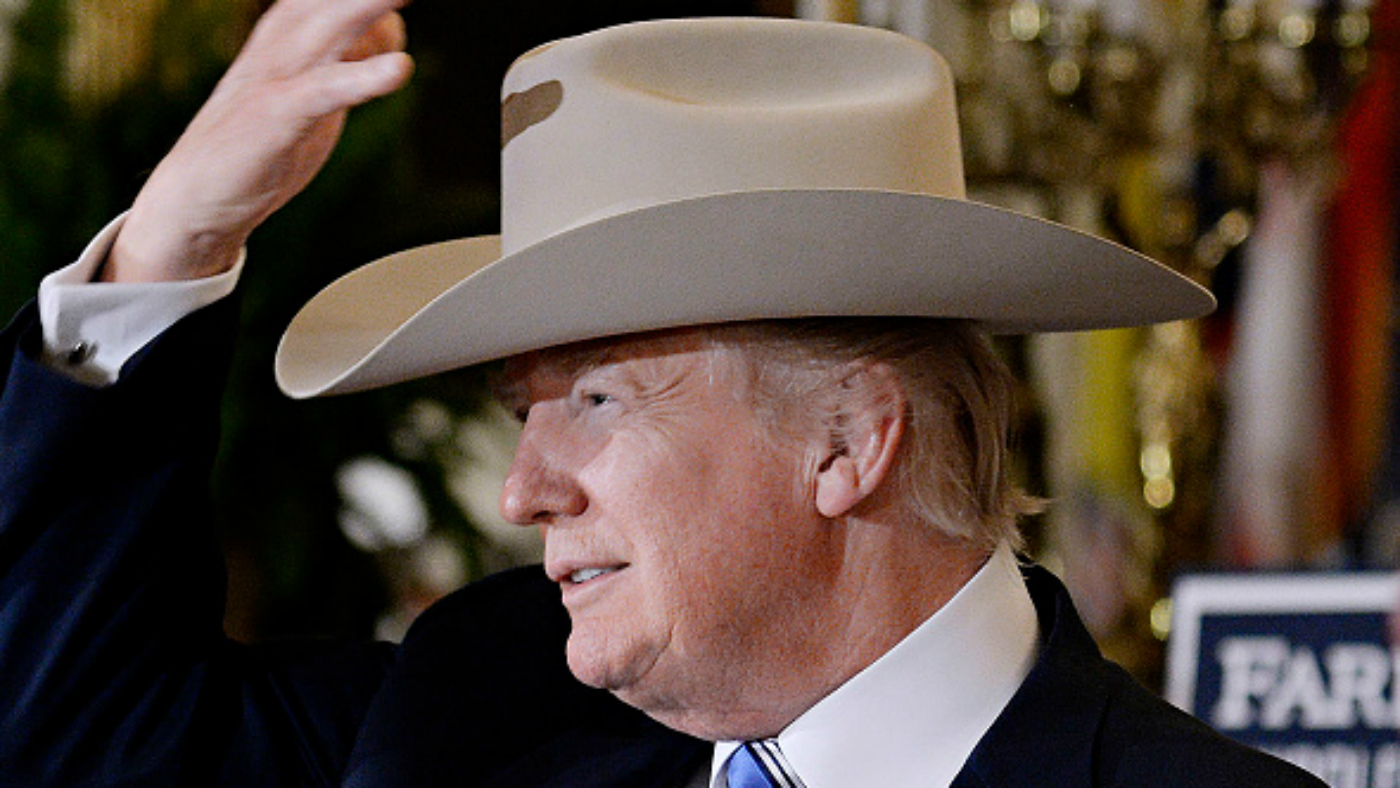Fact Check: Does London really subsidise the UK?
Only three regions – all in the south-east and east of England – recorded a net surplus last year

A free daily email with the biggest news stories of the day – and the best features from TheWeek.com
You are now subscribed
Your newsletter sign-up was successful
"London and the south of England have been subsidising the rest of the UK" are the opening words of an article in the Financial Times that will no doubt prove contentious in many parts of the country.
The claim, which is based on evidence from the Office for National Statistics, has profound implications for Brexit and its impact on the wider economy.
What's the evidence?
The Week
Escape your echo chamber. Get the facts behind the news, plus analysis from multiple perspectives.

Sign up for The Week's Free Newsletters
From our morning news briefing to a weekly Good News Newsletter, get the best of The Week delivered directly to your inbox.
From our morning news briefing to a weekly Good News Newsletter, get the best of The Week delivered directly to your inbox.
The data report published yesterday is a simple view of tax receipts versus government spending that gives the surplus or deficit figures for each part of the UK.
It shows that only three parts of the country generated a surplus of any size last year: London, the wider south-east and the east of England.
The capital was the biggest contributor, with a surplus of £3,070 per head. Spending is high in London, due to factors such as high rents boosting the housing benefit bill, but tax revenues are huge at £15,756 per head.
"The south-east and the east of England also raised more in taxes than they received in spending in 2015-16 – by £1,667 and £242 per person respectively," adds the FT.
A free daily email with the biggest news stories of the day – and the best features from TheWeek.com
Why is this important?
Aside from the implications for Brexit negotiations for the City of London, there are also important questions for the devolved administrations – and for Scottish independence in particular.
The largest deficit was recorded in Northern Ireland, of £5,437, followed by Wales, which also recorded the lowest tax-take per person, with a shortfall of around £4,500.
"The deficit per head in Scotland was £2,824 last year," says Nils Pratley in The Guardian.
"To reduce that figure as a standalone nation, taxes would have to rise or spending would have to fall, other factors being equal."
What's the counter argument?
On one level, you can't argue with the data. It's only the capital and the south of England that are putting any money into the pot on a net basis.
Pratley puts one spanner in the works, however – the "brain drain" that draws people to London, which critics argue reflects underinvestment elsewhere.
This not only undermines the argument that the capital subsidises other regions, it also suggests the whole affair could be a zero-sum game and that the "most important statistic is that the UK, as a whole, has had a net fiscal deficit every year since 2003".
For the year in question, the UK spent £72bn more than it took in tax revenue.
So who's right?
You can't look past the numbers: right now "London and the south-east are the UK's cash cow", says Pratley.
It might be politically sensible to invest in other parts of the country in order to close the gap, but it's equally clear the UK cannot afford to put at risk the hefty tax revenues it's making from the south of England and London especially.
This will be in ministers' minds when they begin Brexit negotiations and could have a major impact on the financial services sector that is the engine room of London's economy.
-
 Why is the Trump administration talking about ‘Western civilization’?
Why is the Trump administration talking about ‘Western civilization’?Talking Points Rubio says Europe, US bonded by religion and ancestry
-
 Quentin Deranque: a student’s death energizes the French far right
Quentin Deranque: a student’s death energizes the French far rightIN THE SPOTLIGHT Reactions to the violent killing of an ultraconservative activist offer a glimpse at the culture wars roiling France ahead of next year’s elections
-
 Secured vs. unsecured loans: how do they differ and which is better?
Secured vs. unsecured loans: how do they differ and which is better?the explainer They are distinguished by the level of risk and the inclusion of collateral
-
 Fact check: can the US ‘devastate’ Turkey’s economy?
Fact check: can the US ‘devastate’ Turkey’s economy?In Depth Donald Trump is threatening the Nato ally with costly reprisals if Kurdish fighters are attacked in Syria
-
 Fact check: who has the most to lose in US-China trade war?
Fact check: who has the most to lose in US-China trade war?In Depth Both sides set to suffer after talks between Washington and Beijing end without a deal
-
 Fact check: the truth about the US economy
Fact check: the truth about the US economyIn Depth Trump says unemployment is at a record low and economy is strongest ‘ever’ – is he right?
-
 Trump is way off about Amazon and the post office
Trump is way off about Amazon and the post officeSpeed Read
-
 Fact Check: Is Trump a hypocrite with his Made in America week?
Fact Check: Is Trump a hypocrite with his Made in America week?In Depth The President's attempt to promote US products has manufactured another press storm
-
 Trump slams GM for manufacturing Chevy Cruze in Mexico. GM points out it's made in Ohio.
Trump slams GM for manufacturing Chevy Cruze in Mexico. GM points out it's made in Ohio.Speed Read